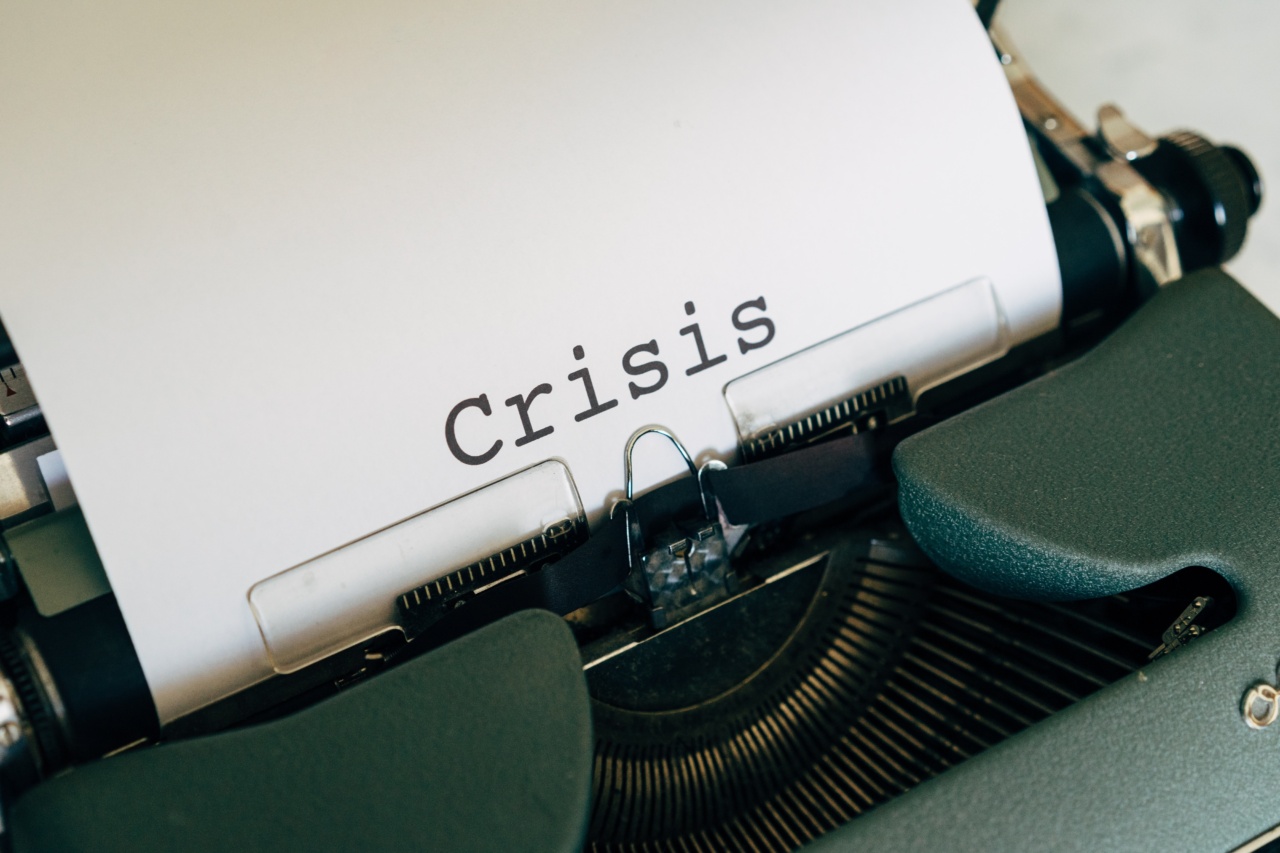Stress has become an inevitable part of modern life. Whether it’s due to work pressure, personal relationships, or financial concerns, stress has a significant impact on our mental and physical well-being.
However, with advancements in technology and a growing emphasis on self-care, there have been several innovative approaches to stress management that aim to help individuals cope with and reduce their stress levels. In this article, we will explore the top innovations in stress management that have gained popularity in recent years.
Mindfulness and Meditation Apps
In today’s fast-paced world, finding time for mindfulness and meditation can be a challenge. However, the emergence of mindfulness and meditation apps has made these practices more accessible to people.
These apps provide guided meditation exercises, breathing techniques, and tools for mindfulness practices that can be incorporated into daily routines. Some popular options include Headspace, Calm, and Insight Timer. These apps have become increasingly popular as individuals seek ways to incorporate relaxation and self-reflection into their busy lives.
Virtual Reality for Stress Relief
Virtual Reality (VR) technology has made remarkable strides in recent years and is now being used as a tool for stress relief.
VR experiences can transport individuals to calm and serene environments, helping them escape from the pressures of daily life. Whether it’s walking through a peaceful forest or relaxing on a virtual beach, VR can provide a much-needed respite from stress. Studies have shown that VR experiences have a positive impact on reducing anxiety and promoting relaxation.
Art Therapy
Art therapy has long been recognized as a powerful tool for self-expression and emotional healing. Traditionally, it involved working with a therapist in a face-to-face setting.
However, technological advancements have enabled the development of virtual art therapy platforms. These platforms offer individuals the opportunity to engage in creative activities, such as painting, drawing, and sculpting, from the comfort of their own homes.
Virtual art therapy has become an innovative solution for stress management, allowing individuals to explore their emotions and find solace through artistic expression.
Aromatherapy and Digital Scent Diffusers
Aromatherapy has been used for centuries as a natural remedy for various ailments, including stress. However, it can be inconvenient to carry around essential oils or light candles throughout the day. This is where digital scent diffusers come in.
These devices use scent cartridges to release fragrances that are associated with stress relief, such as lavender or chamomile. The diffusers can be connected to smartphones or smart home systems, allowing individuals to control the scents and create a calming atmosphere wherever they are.
Biometric Wearables
Biometric wearables, such as smartwatches or fitness trackers, have become increasingly popular in recent years. These devices not only track physical activity but also monitor biometric data like heart rate variability (HRV).
HRV, which is the variation in time intervals between heartbeats, has been linked to stress levels. By monitoring HRV, individuals can gain insights into their stress levels and make necessary lifestyle adjustments. Some wearable devices even offer stress management features like guided breathing exercises or stress reduction tips.
Online Therapy and Stress Management Programs
Therapy and counseling have traditionally been conducted in person, requiring individuals to visit a therapist’s office regularly. However, the advent of online therapy services has revolutionized access to mental health support.
Virtual therapy platforms allow individuals to connect with licensed therapists via video or text chat, making it convenient and accessible for people with busy schedules or limited mobility. Additionally, there are online stress management programs that provide individuals with resources, tools, and techniques to manage and reduce stress effectively.
Smart Home Devices for Stress Reduction
Smart home devices, such as voice-activated speakers or smart lighting systems, have the potential to contribute significantly to stress reduction.
These devices can be programmed to play soothing music, provide guided relaxation exercises, or create a calming ambiance through dimmed lights. By integrating stress-reducing features into everyday technology, individuals can easily incorporate relaxation practices into their daily routines without requiring additional time or effort.
Virtual Mental Health Support Communities
Virtual mental health support communities have emerged as a valuable resource for individuals experiencing stress.
These online communities provide a safe space for individuals to connect with others who share similar experiences, offer support, and exchange coping strategies. Whether through dedicated platforms or social media groups, virtual mental health support communities have become a source of comfort and understanding for many individuals dealing with stress.
Adaptive Stress Relief Games
Gaming has often been criticized for contributing to stress, but adaptive stress relief games have emerged as a new form of interactive stress management.
These games are designed to help individuals relax, unwind, and divert their attention from stressors. They typically feature calming music, visually immersive graphics, and gameplay mechanics that promote relaxation and mindfulness.
Adaptive stress relief games offer an enjoyable and engaging outlet for individuals to destress and focus on their well-being.
Cognitive Behavioral Therapy (CBT) Apps
Cognitive Behavioral Therapy (CBT) is a clinically proven technique for managing stress, anxiety, and other mental health conditions.
With the rise of mental health apps, CBT techniques have become more accessible to individuals seeking stress management support. CBT apps provide users with tools and resources based on evidence-based CBT principles.
These apps often include features like thought journaling, guided self-help exercises, and cognitive restructuring techniques to help individuals identify and challenge negative thought patterns that contribute to stress.






























